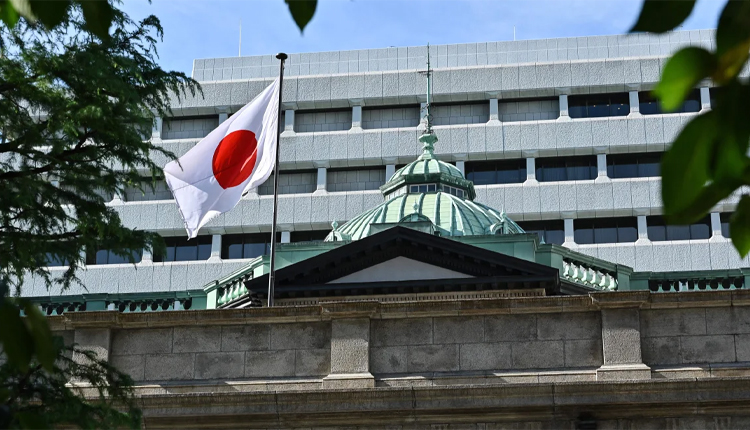Japan unexpectedly fell into a recession at the end of 2023, losing its position as the world’s third-largest economy to Germany, Reuters reported on Thursday. This raised doubts about the central bank’s timeline for exiting its ultra-loose monetary policy.
Analysts warn of another contraction in the current quarter due to weak demand in China, slow consumption, and production halts at a Toyota Motor Corp. unit.
Yoshiki Shinke, senior executive economist at Dai-ichi Life Research Institute, highlighted the sluggishness in consumption and capital expenditure, which are key pillars of domestic demand. He added the economy will continue to lack momentum for the time being with no key drivers of growth.
Japan’s gross domestic product (GDP) declined an annualised 0.4 per cent in the October-December period, confounding market forecasts for a 1.4 per cent increase.
This weak data may cast doubt on the Bank of Japan’s forecast that rising wages will underpin consumption and keep inflation durably around its two per cent target.
The yen was steady after the data, and yields on Japanese government bonds fell as some traders pushed back bets of an early Bank of Japan policy shift. The benchmark 10-year yield slid four basis points to 0.715 per cent.
Naomi Muguruma, chief bond strategist at Mitsubishi UFJ Morgan Stanley Securities, said that the Bank of Japan faces challenges in shifting towards monetary tightening due to weak domestic demand.
